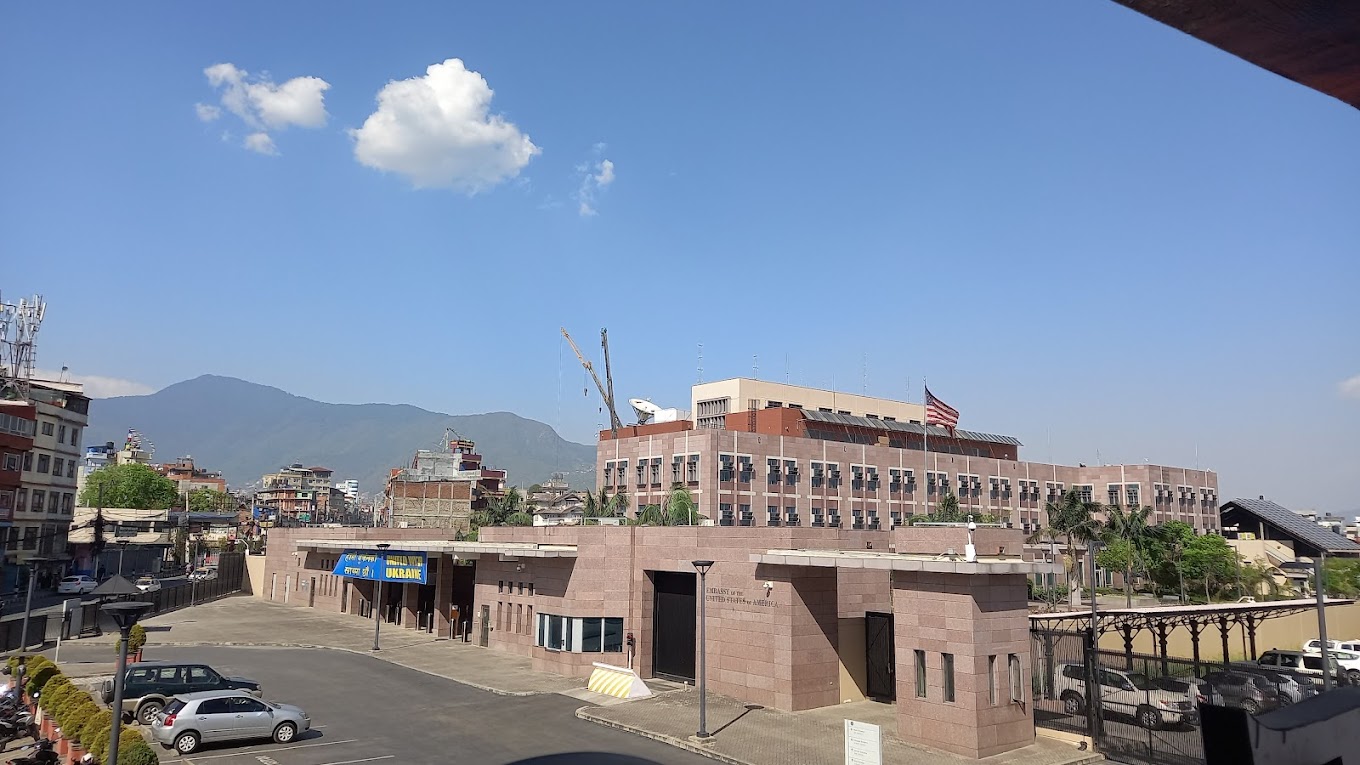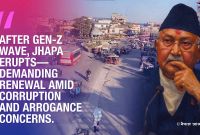Editorial Guarantee: Secure Your USA Student Visa Without Agents for Sure

If you meet the prerequisites for studying in the USA and present your details honestly, you will surely get a visa. You do not need to pay a sum of money to agents. This article is based on information from USEF Nepal.
Why Study In The USA?
Quality
The United States boasts some of the world's finest colleges and universities, known for their quality programs, faculty, facilities, and resources. U.S. higher education accreditation systems ensure high standards.
Choice
The U.S. higher education system offers the largest variety of institutions, academic and social environments, entry requirements, degrees, and fields of study. There are over 4,000 higher education institutions in the United States.
Value
Considering a U.S. degree as an investment in your future, it offers great value for the money. A wide range of college costs and excellent scholarships are available from various colleges and universities.
Prerequisites: Is U.S. Higher Education Appropriate For You?
Studying in the United States is a significant decision. Evaluate if you are a suitable candidate by considering the following factors:
Adequate funding: Studying in the U.S. is expensive, with costs ranging between $12,000 and $65,000 per year. Scholarships can help mitigate these costs.
Strong academic background: A strong academic record increases your chances of admission and scholarship opportunities at U.S. colleges and universities.
English language skills: Success in U.S. academic institutions requires a strong command of English.
Standardized exams: Most U.S. colleges and universities require TOEFL. Some undergraduate institutions additionally require SAT or ACT, while some graduate programs require GRE or GMAT.
Student visa: You’ll need this to travel to the U.S. Attend USEF’s ‘Student Visa Info Session’ to learn more about student visas and tips on visa interview success.
Understanding the U.S. Educational System
High School: In Nepal, students take the SLC/SEE board exam at the end of grade ten. In contrast, high school in the U.S. includes grades nine through twelve, and there are no board exams. Students who complete Plus Two, A-Levels, PCL, Intermediate Level, or a similar program can be compared to high school graduates from the U.S.
Undergraduate Studies: In Nepal, bachelor’s programs range from two to four years. In the U.S., bachelor’s programs are no shorter than four years. Another form of undergraduate education in the U.S. is the associate’s degree, a two-year degree earned at a community college.
Graduate Studies: In Nepal, M.Phil and Post Graduate degrees exist. In the U.S., master’s and PhD level studies are referred to as ‘Graduate’ studies. A master’s degree typically takes two years, while a PhD takes four to eight years.
What to do if you have a 3-year bachelor’s?
1. Complete a master’s degree in the relevant field and then apply for graduate study in the U.S.
2. Transfer to an undergraduate program in the U.S.
3. For MBA aspirants, apply for a bridge program (pre-MBA) in the U.S.
Applying to U.S. Colleges and Universities
1. Attend a Group Advising session at USEF.
Register on Mondays to attend the free Group Advising session held on Friday mornings.
2. Choose between 5 and 10 colleges to apply to.
Use USEF’s resources to find colleges that fit your criteria.
3. Access the colleges’ application forms
Get the forms from the colleges’ websites and meet the application requirements.
4. Register for and take standardized exams.
TOEFL is required, and SAT/ACT (for undergraduates) or GRE/GMAT (for graduates) are recommended.
5. Send your applications to the colleges.
Ensure your complete application is received by the deadline date.
6. If you are accepted, you will receive an I-20 from the college.
An I-20 contains information about you, the college, and the amount you are expected to pay each year.
7. Choose the best I-20 and apply for a student visa.
Identify the best I-20 to use when applying for a student visa at the U.S. Embassy in Kathmandu.
Remember that USEF is here to advise and guide you through every step of this application process. Don’t hesitate to contact them with your questions and concerns.
This comprehensive guide, based on USEF Nepal, aims to assist Nepali students in navigating the process of studying in the USA, highlighting the importance of honesty and preparation in securing a student visa without the need for agents.




![From Kathmandu to the World: How Excel Students Are Winning Big [Admission Open]](https://nepalaaja.com/img/70194/medium/excel-college-info-eng-nep-2342.jpg)
